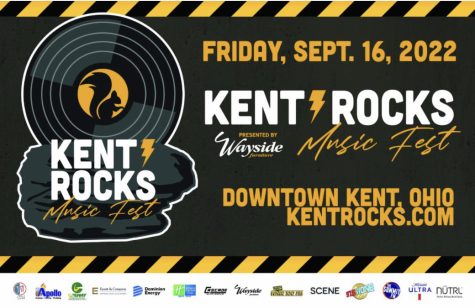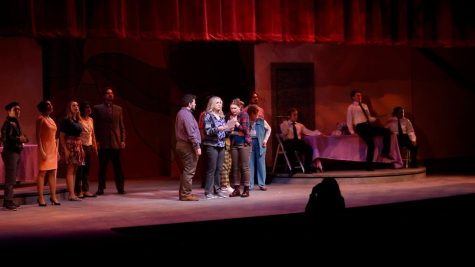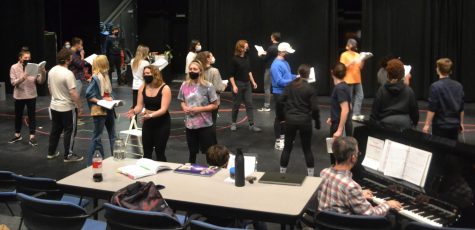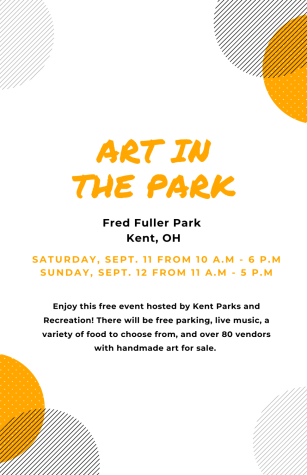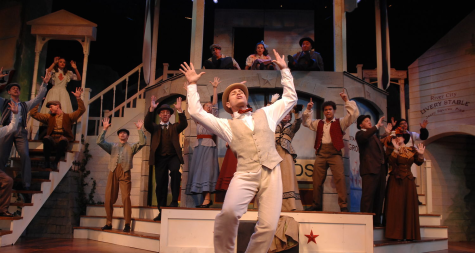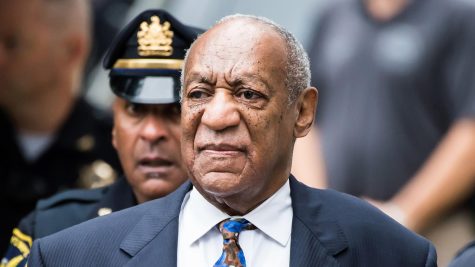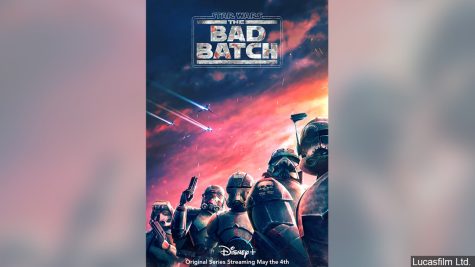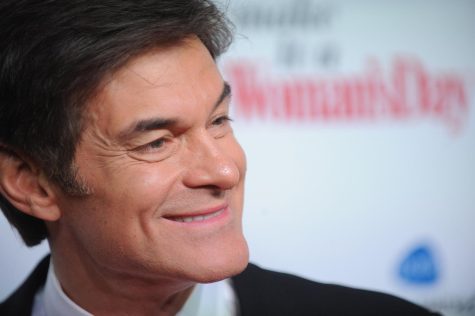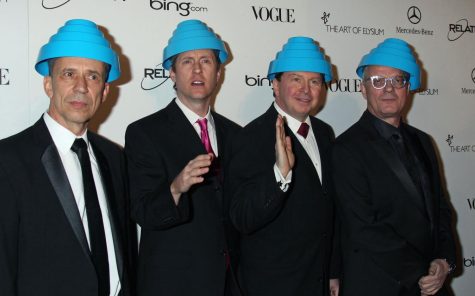When music meets politics
November 5, 2016
The free event — titled ‘Get Out the Vote’ — showcased headliner Jay-Z, Big Sean, Chance the Rapper, J. Cole and Beyoncé. The medley of A-list R&B and hip-hop artists performed hit after hit to an energetic crowd of thousands who sang and danced along to every track.
While the event seemed to be more of a party than a political rally, it was no coincidence that Clinton’s campaign chose to host the concert in Cleveland.
Ohio is a widely-known swing state, and Cuyahoga County is home to thousands of millennial and minority voters — two groups that Clinton is counting on to put her ahead on Election Day.
“I’m here for Hillary and Jay-Z. I have my Hillary pin,” said 22-year-old Cleveland resident Larry George as he pointed to his shirt collar. “I hope (the concert influences millennials), but I’m not sure because it’s Jay-Z and Beyoncé, and who doesn’t want to see them for free?”
With powerhouse celebrities supporting Clinton, both millennial and minority voters were drawn to the event; but whether turnout was a result of musical or political interests remained a question.
Veronica Zuniga, a 26-year-old from Sandusky, got her concert ticket by canvassing for the Clinton campaign.
“You dedicate two hours of your time, which isn’t a lot, to the campaign,” she said. “Or you got door-to-door and do phone calls as well.”
While Zuniga was already a Clinton supporter before the concert was announced two weeks ago, she felt that the event did make a difference in voters’ attitudes toward the election.
“Not every person who came out canvassed for her, but it ignites a spark in everybody to come out and vote,” she said. “It definitely sparked a lot of interest in my friends. I could tell them, ‘hey, you just have to knock on somebody’s door with me, and you can get a ticket for Jay-Z.’”
With canvassing, Zuniga said, people get to learn more about Clinton besides what’s on cable news. “I think she’s now more endearing to them over anything else,” she said.
“I’ve already voted, so It’s not gonna really influence (my vote),” he said. “I don’t know if it’s really going to influence anyone else. I believe that political views are intact within you, so I believe it’s really hard to change someone’s political views.”
However, voter turnout doesn’t always rely on differences in political opinion. According to 69-year-old Susie Richardson, some people aren’t sure if their political voice is a factor in the election.
Richardson is a Clinton campaign volunteer and California native, who travelled to Ohio in order to sign-up volunteers to “get out the vote.” She said that through her volunteerism, she has gotten to speak to a number of millennials who are now choosing to vote.
“I feel like when I talk to people, it’s a way of saying ‘you matter,’ especially when talking to young people,” Richardson said. “What this country is missing is a mass of citizens who believe that their vote counts.”
Richardson believes that the Clinton campaign needs support in any way they can, and the concert and the celebrities’ show of support will send a message to fans.
“Do I care about whether people are attending a concert?” she asked. “Maybe not. Do I believe that this is saying to kids — young people — that people really care and that (voting) matters? I think it does.”













